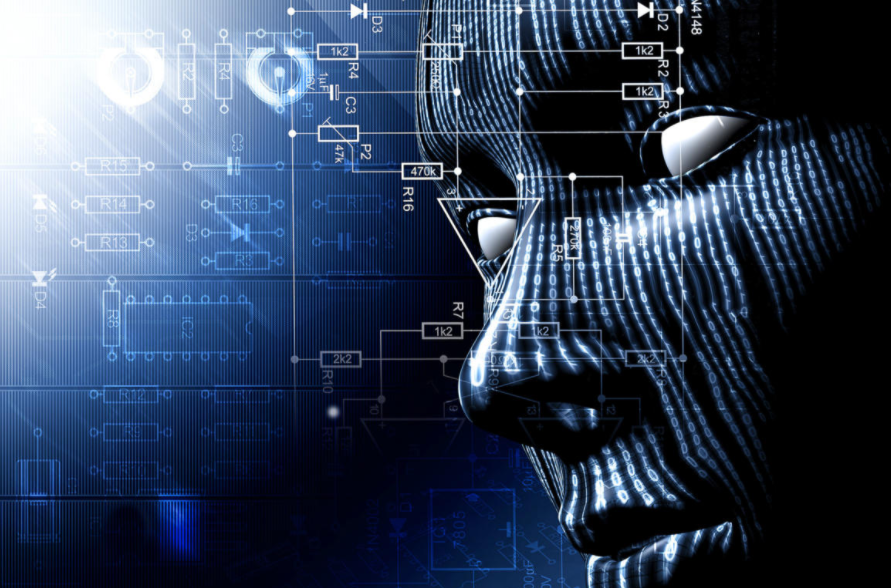THE ABUSE OF AI: UNDERSTANDING THE CONSEQUENCES
In recent years, artificial intelligence (AI) has become increasingly pervasive in our lives. From self-driving cars to virtual assistants, this powerful technology is transforming how we interact with and understand the world around us. However, while there are many benefits associated with developing and utilizing AI-driven applications, real dangers also exist when negligent or malicious actors leverage its capabilities for their own gain.
In this post, we shall examine some of these issues and discuss why it is so important that steps are taken to protect against potential misuse.
WHAT IS AI?
Artificial Intelligence (AI) is a form of computer science that focuses on creating intelligent machines capable of performing tasks typically reserved for humans such as problem solving, decision making, perception recognition, learning processes etc. It relies heavily on algorithms which mimic human behavior through rules-based programming techniques like deep learning neural networks or natural language processing interface communication systems. The result gives computers an advanced level understanding which can be used to interpret data more accurately than traditional methods could ever hope too
AI (Artificial Intelligence) has been rapidly gaining popularity in recent years, having become a major staple for businesses all over the world. Unfortunately, not all uses of this powerful technology are beneficial or even harmless; some individuals have begun exploiting it to gain an unfair advantage.
So how do people abuse this power?
This abuse of AI carries with it repercussions that could have disastrous effects if unchecked.
What Is Considered “Abuse” Of Artificial Intelligence?
In its most basic form, AI abuse is using machine learning algorithms to automate tasks or otherwise evade laws or regulations established by humans wishing take advantage.
Bias in decision-making processes is also considered as misuse and falls in same category when machines learn from examples given through expressed behavior, while ignoring valid arguments based on facts without being able regulate human moral values– then such exploitation should immediately subject itself to scrutiny.
Abusing certain features within machine learning models like turning them off after completion so that data collected cannot be tracked. path tracing becomes difficult & leaves immersible loopholes open between different systems
CONSEQUENCES FOR THOSE WHO ABUSE ARTIFICIAL INTELLIGENCE:
When people abuse artificial intelligence tools unlawfully and unethically, there may be both personal and business risks associated with their actions. Employees involved might face steep fines from regulatory authorities depending on severity; companies engaging in these activities risk loss trust amongst employees as well professional public image damage.
Lawsuits against perpetrators too cannot overlooked loss of money, burdensome court proceedings, and mediating justice served to aggrieved parties unitl the status quo gets restored under rule of law.
If someone manages to avoid themselves, others will likely be prosecuted first, and any individual/group responsible deemed criminal nature must comply with libel slander provisions set forth by local albeit international jurisdictions.
The tech industry's intense competition, which in most cases deprives consumers of version unaffordable pricing services as well as accompanying goods on a regular basis, is known to be devastating effect of this at an exponential rate, When AI is developed, it is only available for the rich people. The companies who bear right to a certain Ai and its products make it too expensive with a hike in price. This too can be considered abuse and has devastating consequences.
The transhumanism movement, which essentially calls for the technological improvement of the human species, notably in the areas of life extension and memory storage, is one of the most contentious and abuse of AI movements according to Henriksen in 2015. Theological anthropologists currently hold that humans are a fragile, relational, finite, and bodily species. There are various reasons to be cautious since this movement would want to eliminate some or possibly all of the characteristics that characterize what it means to be human.
This could destroy interpersonal relationships with both oneself and others. This unnecessary use of AI would reduce the value placed on relationships and experiences by removing the opportunity to engage in novel and authentic experiences. In addition to the definition of humanity, the overuse of AI also poses a threat to the future of humanity politically and socially.
Machines are not naturally capable of differentiating right or wrong, hence it is rationally concluded the use of AI should be monitored with the highest ethical standards. There should be an appropriate mechanism in place so as not to undermine the very foundation, authority and purpose for which AI is made.









